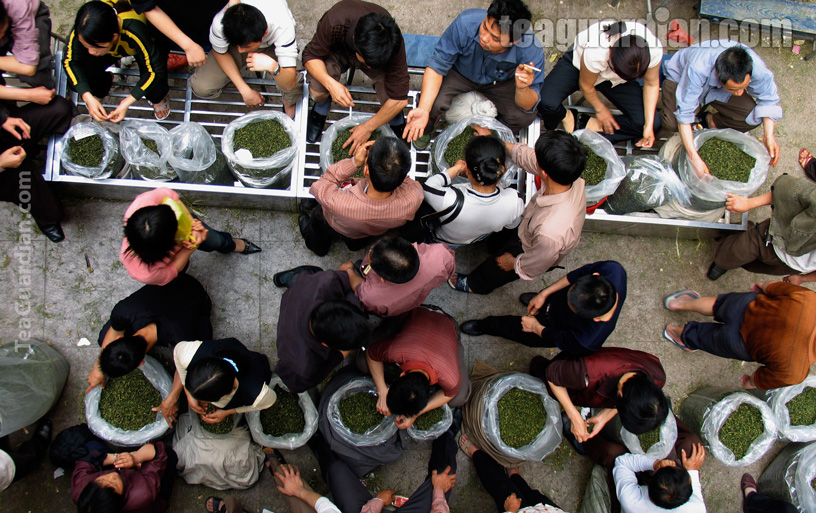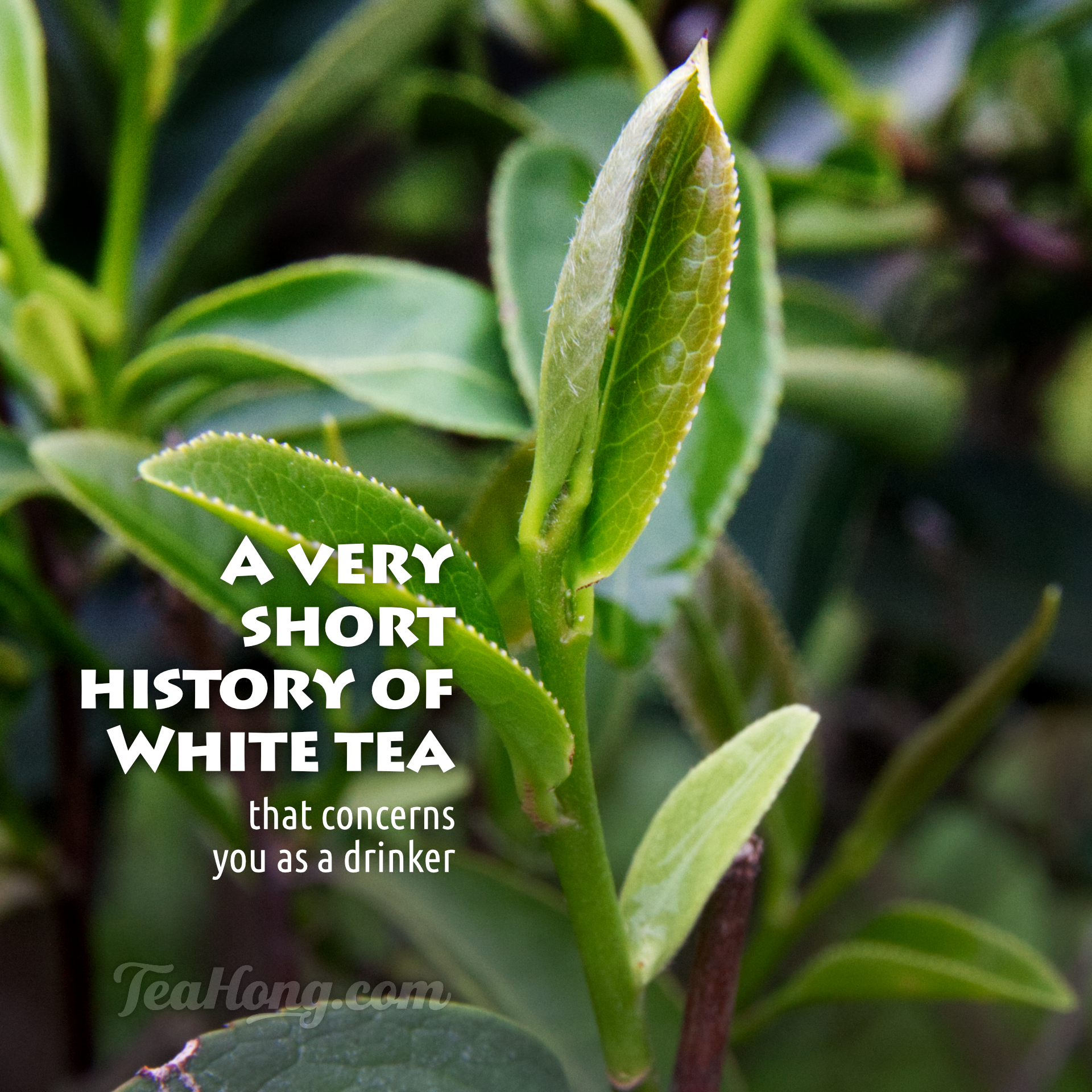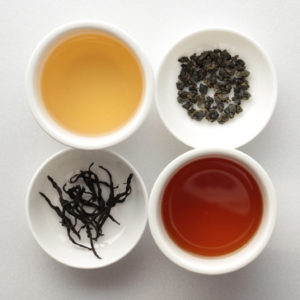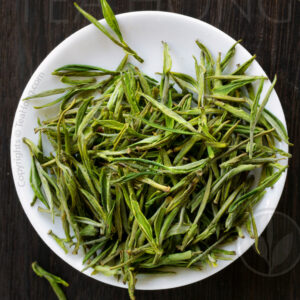How Fair is Fair Trade?

Tea farmers’ market like this in Fujian since the 1990s has been the backbone and the seed of it all. When farmers are free to trade on their own, it is the law of competition and supply and demand that work. Not any curtail, monopoly or corporate control. Tea wholesale markets in China has now evolved into multi-block giant mall complexes.
fair competition: open access to the market
In China, where there is a strong tea tradition, selling tea to the world simply means taking the goods to the market. When I first met Xiao Fen in 1999 she was sharing a corner of her relative’s wholesale shop with a few cartons of her Wuyi oolongs. Now she has a 120 sq m (about 1,200 sq ft) shop in the centre of the wholesale market all to her own. There are tens of major tea wholesale markets throughout China. In Nepal, where domestic consumption is not strong enough and no centralized markets, Kumar’s job is a lot more difficult, but not all impossible for young and resourceful people nowadays, as long as there is no invisible chains and bars such as a caste system or some major importers monopolizing the market. In time, he will succeed.
His fellow villagers will benefit from selling their own product of labour rather than simply selling their labour like a slave
By comparison, Vong’s job in trying to furnish the villagers with a livelihood deep in the mountains upstream Mekong in Laos is a bit more difficult. Where there has been over one and a half century of tea-growing tradition in Nepal, mountain people in Laos use the leaves of their wild native tea trees a lot more arbitrarily. They were a lot more used to planting opium until the turn of the millennium. “65% of households are below the poverty line… Since 1998, under international pressure, opium poppy eradication has impoverished villages. The average poppy cash income per family was 80 US$ per year…, additional pressures have been put on traditional livelihoods…” (3)
Vong, working with NGOs and the government to establish tea production to these areas to fight poverty, wants to focus in quality. “I want to sell these as Laos tea, not as materials for some other label or product.” I think Vong is in the right direction for the long term benefits of his people. Though it is a big task establishing a new identity in the competitive tea market. As I write, Vong is in his Buddhist retreat for a rejuvenated mind to take on all the new challenges.
Sustainability
So you see here, outside of the British traditional, Indian/Sri Lankan/etc manifested “tea estate” or “plantation” system, people who produce tea do not need Fair Trade. They need a fair ground to play in the capitalist game. They know their future will be better off this way. Buying from small stake or self-governed or cooperative tea farms ensures that the money benefits all the people on the production side a lot more directly. Positive reinforcement by way of immediate financial benefits ensures longterm development of quality. That is real benefits for the consumer.
The pacifying “fair-trade” label could mislead us into thinking that the workers get treated fairly. In the case of the Sri Lanka story, they are still too close to being slaves. When will there be an exodus of these under-paid workers to cause a collapse of the unjust tea economic structure of say, Sri Lanka? (4)

Arumu, 70, remembers the times when the English managed the tea estate. “Our lifes were better back then, than today.” Photo: Knut-Erik Helle / justworldphoto.org
Is the fact that we rely our cheap beverage supply by enslaving the less fortunate bothering you?
Fair trade is not good enough – Not nearly
What can we do as consumers? What can we do as traders? What can you do as buyers or directors in giant beverage companies? I don’t know. It is up to us, however, as the persons who pay to influence that guy in nice corporate suit who is squeezing every drop of life from those enslaved workers like Shantile for every cent he earns from your tea dollar. It maybe their society, their politics, but how can we be giving our dollar to further fuel any more such injustice violated onto the lives of our brothers and sisters?
LK 2012
Postscript
At the time of this re-edit for the revised Tea Guardian site, the daily wage for the average Sri Lankan tea pickers has risen to 4USD, while that for those in many tea regions in China to over 20USD (120CNY), and to 25 (150CNY) in oolong origins, some even higher. There are many issues in the present social construct in China, but the change for more reasonable treatment of farm labourers because of a relatively more open and levelled tea market contrasts sharply with those in other tea production countries where large scale tea plantations are the model.
In this writing, I have not mentioned the horrific condition in Africa, where most of the cheapest tea materials for mass market tea products come from. While giant beverage and teabag companies issue lucrative dividends, the workers there are systematically enclave into slavery by violent means and evil agendas. I hope some of you who are in better position to report that to contribute.










